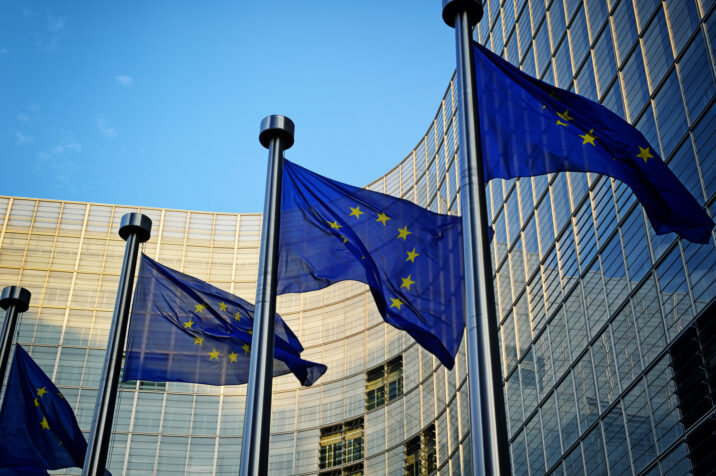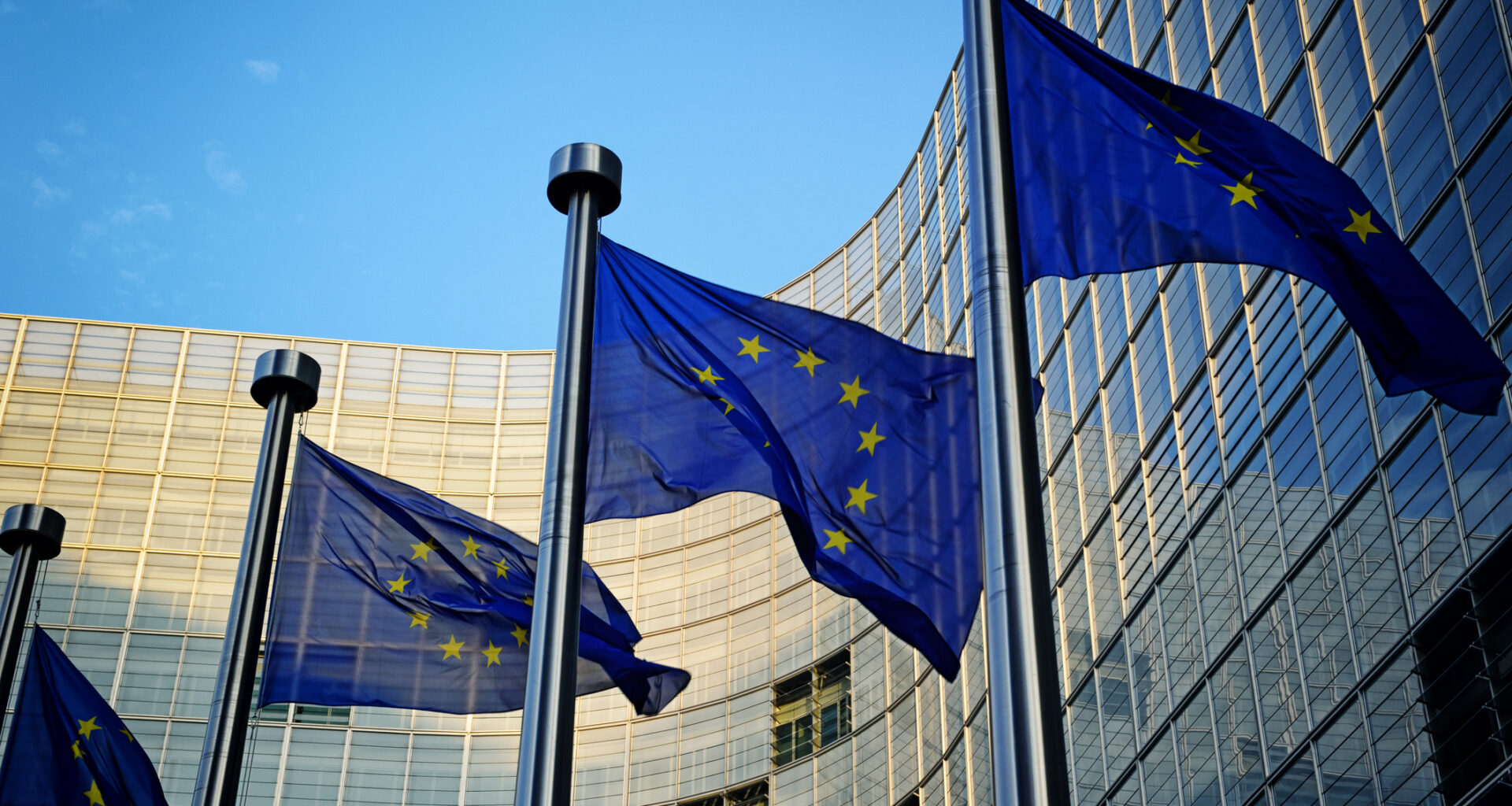
The European Commission has defended and justified its decision to fast-track the release of the sustainability Omnibus in February in response to an ongoing enquiry into the process.
European ombudsman Teresa Anjinho has opened an enquiry into how the commission prepared the legislative proposal as part of its first Omnibus package of simplification measures for sustainability reporting and due diligence requirements, with a particular focus on stakeholder consultations.
The ombudsman, which is independent and tasked with holding EU institutions and agencies to account, has asked the commission to explain its decision not to carry out a public consultation on the Omnibus package.
The decision to open an enquiry follows a formal complaint filed by NGOs in April, which challenged the commission’s draft legislation for the sustainability Omnibus.
The NGOs accused the EU executive of failing to “properly” gather evidence and assess the environmental and social impacts of amending the laws, sidestepping broad consultations to favour closed-door meetings “dominated by oil and gas industry interests”, and failing to assess whether the proposal aligns with the EU’s climate neutrality target.
The commission told Responsible Investor that it is ready to co-operate with the ombudsman and will reply to the questions raised within the expected timeframe.
A spokesperson said the commission “accelerated the preparation” of the first simplification Omnibus in response to the “concerns” of stakeholders linked to the “complexity and implementation cost”.
“The urgency was also justified by the need to provide legal clarity for undertakings in the second wave that were required to report for the first time in 2026 for financial year 2025,” they added.
The commission faced criticism in the build-up to the release of its Omnibus package, with MEPs Pascal Canfin and Lara Wolters – both are now shadow rapporteurs on behalf of their respective political parties Renew and the S&D on the Omnibus file – criticising the lack of impact assessment and a “biased” and “rushed” process.
Impact assessments are a key part of the commission’s “better regulation” rules and are carried out before it finalises a proposal for a new or revised law.
It is usually a detailed process that can take several months and aims to examine whether there is a need for EU action, analyse the possible impacts of available solutions and guide the commission’s preparation.
Instead of producing an impact assessment, the EU executive put together a staff working document alongside the Omnibus proposal based on available evidence, which included input and feedback collected through “various consultation activities”.
According to the commission, in case of urgency, a staff working document is produced as an alternative to an impact assessment. The spokesperson said the methodology used to assess the impacts of the Omnibus was “similar” to that followed for an impact assessment.
The document presents the evidence behind the proposed approach and the expected impacts, the Commission told RI, including a “quantification of the savings” resulting from the simplification efforts.
When the commission delivered its proposal, it said it was delivering more than €6 billion in administrative relief by simplifying the rules.
“It builds on previous impact assessments carried out in connection with the Corporate Sustainability Reporting Directive (CSRD) and Corporate Sustainability Due Diligence Directive (CSDDD), the EU Taxonomy Disclosures Delegated Act, as well as the work done by EFRAG in relation to the European Sustainability Reporting Standards (ESRS),” the spokesperson said.
Consultation
The commission said it reached out to various stakeholders across the simplification process.
The spokesperson said that, as part of the commission’s “resolute effort” to engage with stakeholders – and in particular those “most and directly affected” by the legislation – the political guidelines identified “implementation dialogues and reality checks” as main consultation tools for simplification measures.
The commission cited this as the reason at organised roundtable discussions in February, ahead of the release of the proposal, to gather the views of practitioners and stakeholders on “concrete issues” faced when implementing sustainability rules.
“The roundtable discussion included full participation of NGOs, who made their views clear in the discussions,” the spokesperson said.
At the time, the commission was criticised for its choice of participants in the discussions.
The ombudsman has requested more detail about which companies and stakeholders were invited to these meetings and how they were selected.
In 2023, the commission launched a call for evidence on its simplification plans and target to reduce the reporting burden by 25 percent. The close to 200 responses pointed to the difficulties in implementing sustainability reporting requirements, it said.
It added that it held “numerous meetings” with businesses and their associations, as well as other stakeholders, on the “issue” of the sustainability framework.
DG FISMA, the commission’s financial services department, held separate stakeholder activities, including a large technical workshop on financing the transition to a climate-neutral economy in April 2024, with more than 100 participants and an addition 343 participants online.
The department also set up the stakeholder request mechanism in 2023, which allows for proposals to be made for changes to the taxonomy.
“These proposals have informed the recommendations of the Platform on Sustainable Finance for the future work of the commission on the taxonomy,” it said.
